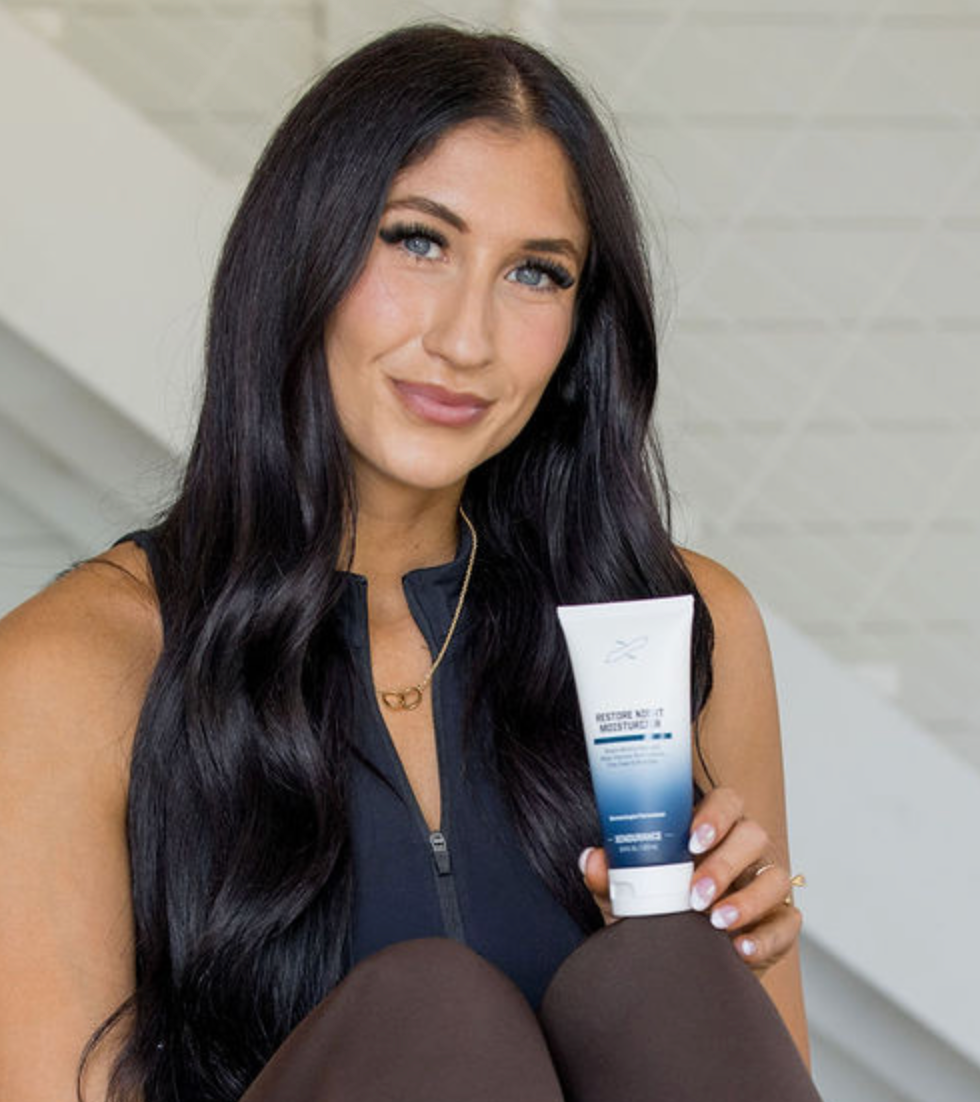Having oily skin can be both a blessing and a curse. On one hand, the natural oils keep your skin hydrated and can delay the appearance of fine lines and wrinkles. On the other hand, excess oil can lead to a shiny complexion, clogged pores, and acne breakouts. The key to managing oily skin lies in finding the right balance, especially when it comes to moisturizing. Many people with oily skin skip moisturizing, fearing it will make their skin oilier. However, moisturizing is crucial for maintaining healthy skin. Here are the top five moisturizer tips for oily skin that will help you achieve a balanced, healthy complexion.
1. Understand Your Skin Type
Before diving into specific tips, it’s essential to understand what makes oily skin oily. The skin produces oil, or sebum, through sebaceous glands located in the dermis. Sebum is crucial for keeping the skin hydrated and protected. However, overactive sebaceous glands can produce too much oil, leading to a shiny appearance and increased risk of acne.
Factors that can cause or exacerbate oily skin include:
- Genetics: If your parents have oily skin, you’re more likely to have it too.
- Hormones: Fluctuations in hormone levels, particularly during puberty, menstruation, or stress, can increase sebum production.
- Climate: Hot and humid conditions can stimulate more oil production.
- Skincare Routine: Using harsh products can strip the skin of natural oils, causing it to overcompensate by producing more oil.
- Diet: Certain foods can trigger or worsen oily skin conditions.
Understanding these factors can help you tailor your skincare routine to better manage oily skin.
2. Choose the Right Moisturizer
Selecting the right moisturizer is crucial for oily skin. The common misconception is that oily skin doesn’t need moisturizing, but skipping this step can actually make your skin produce more oil to compensate for the lack of hydration. Here’s what to look for in a moisturizer for oily skin:
a. Oil-Free Formulas
Oil-free moisturizers are designed specifically for oily and acne-prone skin. These products provide hydration without adding extra oil, helping to maintain a matte finish. Look for labels that say "oil-free," "non-comedogenic," or "water-based."
b. Lightweight, Gel-Based Moisturizers
Gel-based moisturizers are typically lighter than creams and lotions, making them ideal for oily skin. They absorb quickly, provide hydration, and don't leave a greasy residue. Ingredients like hyaluronic acid and glycerin are excellent for hydrating without clogging pores.
c. Mattifying Moisturizers
Mattifying moisturizers help control shine and keep the skin looking fresh throughout the day. These products often contain ingredients like silica or clay, which can absorb excess oil and reduce the appearance of pores.
d. Ingredients to Avoid
Avoid moisturizers with heavy oils, such as mineral oil or petrolatum, which can clog pores and increase oiliness. Be cautious with products containing alcohol, as they can dry out the skin and trigger more oil production.
3. Incorporate a Balanced Skincare Routine
A well-rounded skincare routine is essential for managing oily skin. Here’s how to balance your routine effectively:
a. Cleanse Gently
Start with a gentle, foaming cleanser that can remove excess oil without stripping your skin. Cleansing twice a day—morning and night—is usually sufficient. Avoid over-cleansing, which can irritate the skin and lead to increased oil production.
b. Use a Toner
Toners can help remove any remaining impurities and balance the skin's pH levels. Look for alcohol-free toners with ingredients like witch hazel or salicylic acid, which can help control oil and prevent breakouts.
c. Exfoliate Regularly
Exfoliation removes dead skin cells that can clog pores and contribute to acne. Use a gentle exfoliator 2-3 times a week to keep your skin smooth and prevent buildup. Chemical exfoliants like AHAs and BHAs are particularly effective for oily skin.
d. Apply Moisturizer Correctly
Apply your moisturizer to damp skin to help lock in moisture. Use a small amount and gently massage it into your skin using upward strokes. This helps promote better absorption and avoids over-application.
4. Don’t Skip Sunscreen
Many people with oily skin avoid sunscreen, fearing it will make their skin greasy or cause breakouts. However, skipping sunscreen can lead to more significant issues, including sunburn and premature aging. Look for sunscreens specifically formulated for oily skin:
a. Oil-Free Sunscreens
Choose oil-free, non-comedogenic sunscreens that won’t clog pores. Gel-based or water-based sunscreens are often lighter and more suitable for oily skin types.
b. Matte Finish
Opt for sunscreens with a matte finish to help control shine. Some sunscreens also contain oil-absorbing ingredients that can help keep your skin looking fresh throughout the day.
c. Combination Products
Consider using a moisturizer that includes SPF. This can simplify your routine and ensure you’re getting the necessary sun protection without feeling too heavy on your skin.

5. Evaluate Your Diet
Your diet can significantly impact your skin's condition, including how oily it is. While there’s no one-size-fits-all diet for oily skin, certain dietary habits can help manage oil production and improve your skin’s overall health:
a. Stay Hydrated
Drinking plenty of water helps maintain your skin’s hydration levels, which can prevent your sebaceous glands from going into overdrive. Aim for at least eight glasses of water a day.
b. Avoid High-Glycemic Foods
Foods with a high glycemic index, like white bread, sugary snacks, and processed foods, can cause blood sugar spikes and potentially increase oil production. Focus on low-glycemic foods like whole grains, vegetables, and fruits.
c. Incorporate Omega-3 Fatty Acids
Omega-3 fatty acids, found in foods like salmon, flaxseeds, and walnuts, have anti-inflammatory properties that can help reduce oil production and improve skin health.
d. Limit Dairy Intake
Some studies suggest a link between dairy consumption and increased oil production or acne. Consider moderating your intake of dairy products and observe if it makes a difference in your skin's condition.
e. Eat a Balanced Diet
A balanced diet rich in vitamins and minerals supports overall skin health. Ensure you’re getting enough vitamins A, C, and E, which are crucial for maintaining a healthy complexion.
Master Moisturizing for a Shine-Free Glow
Managing oily skin can be challenging, but with the right approach, you can achieve a balanced, healthy complexion. Remember, moisturizing is an essential step even for oily skin. Choose products that hydrate without adding excess oil, and integrate them into a balanced skincare routine. Additionally, consider the role of your diet in managing oil production and overall skin health.
By understanding your skin type and taking proactive steps to care for it, you can minimize shine, prevent breakouts, and enjoy a radiant, confident complexion.









Leave a comment
This site is protected by hCaptcha and the hCaptcha Privacy Policy and Terms of Service apply.